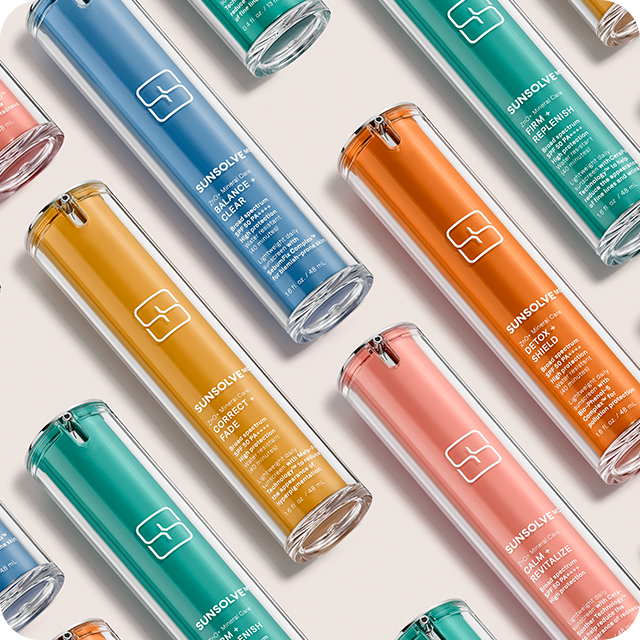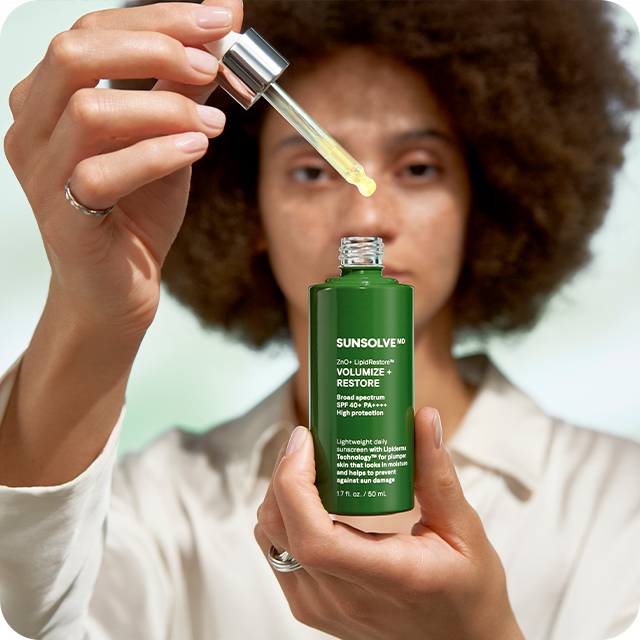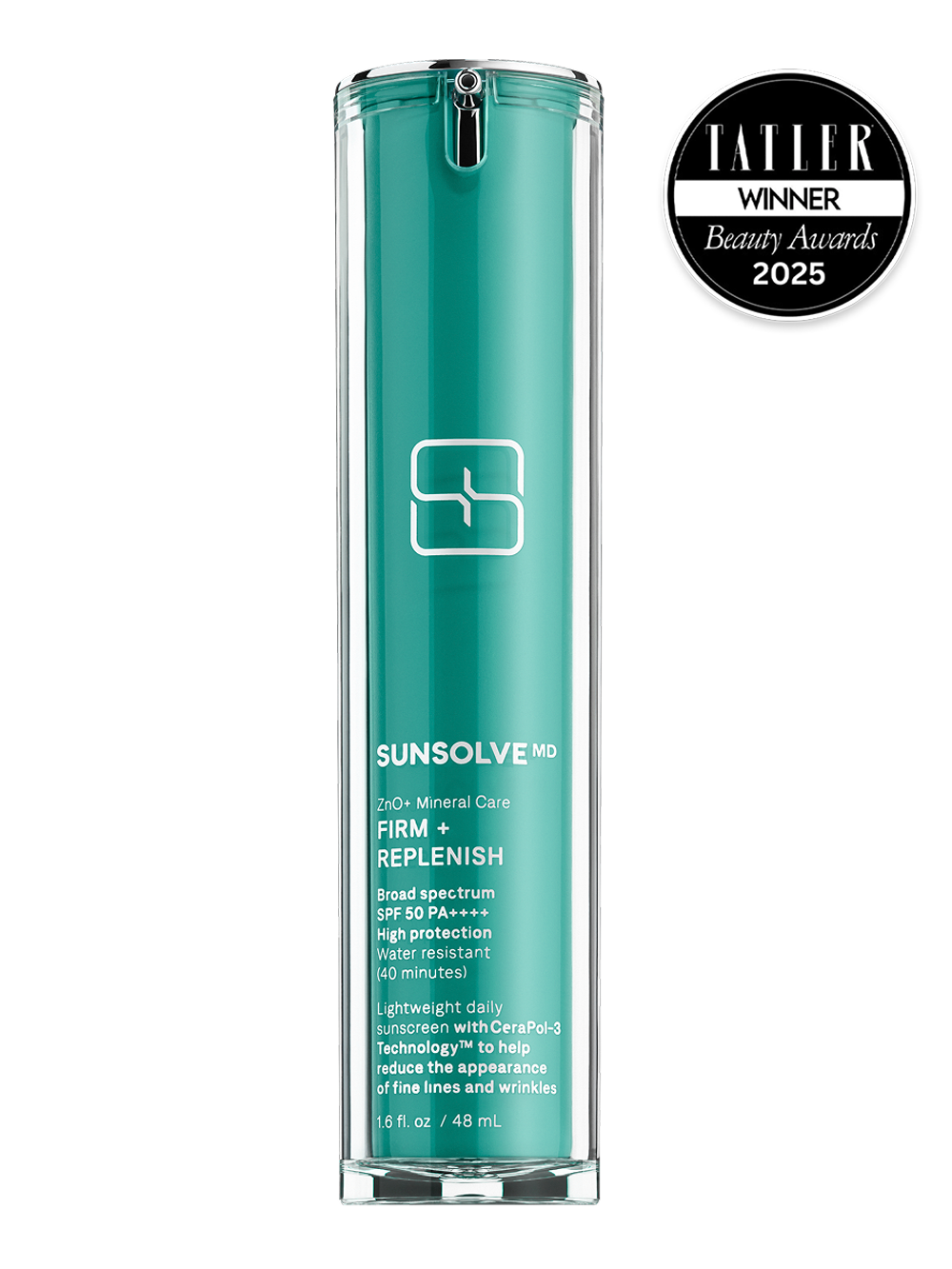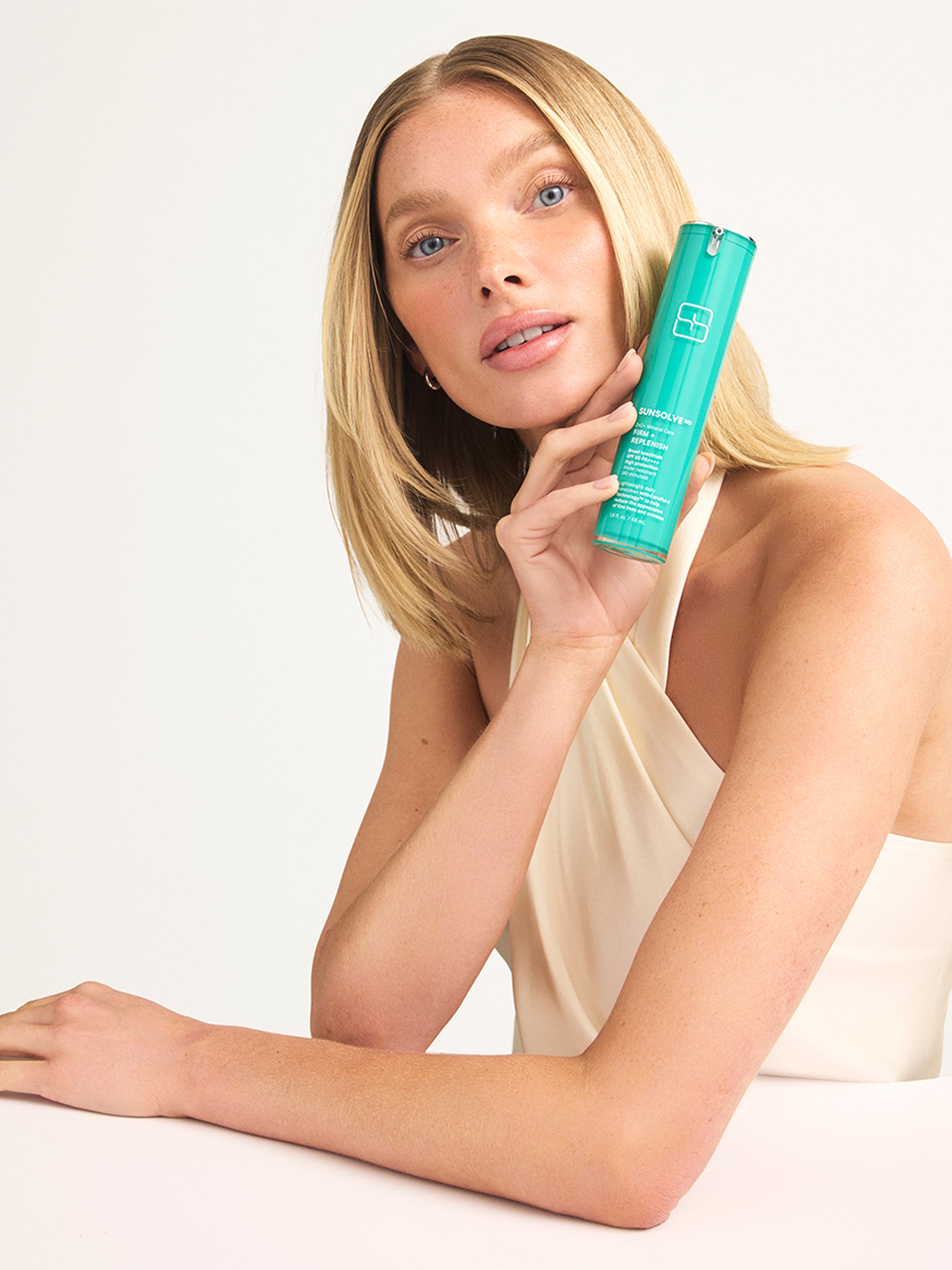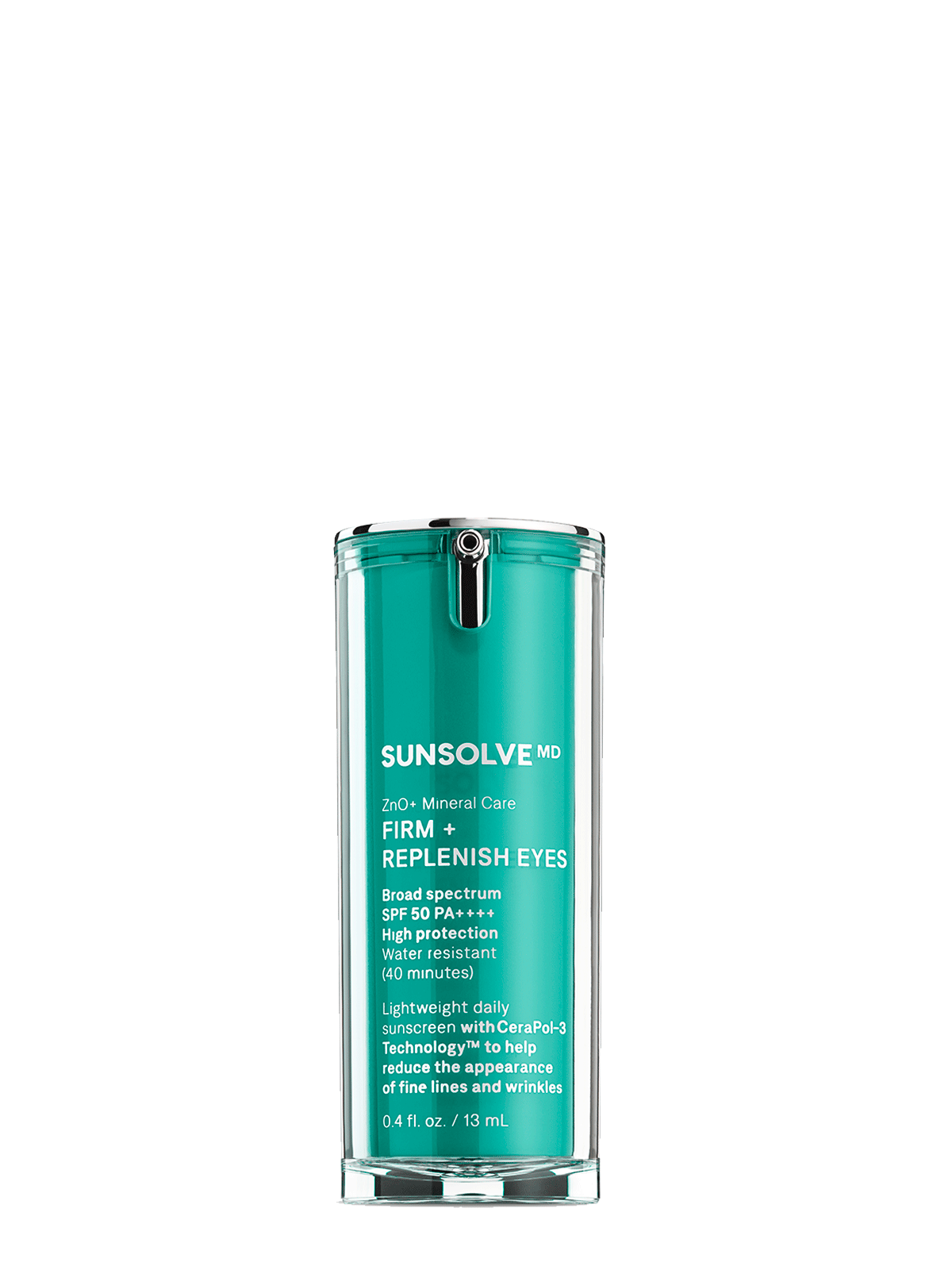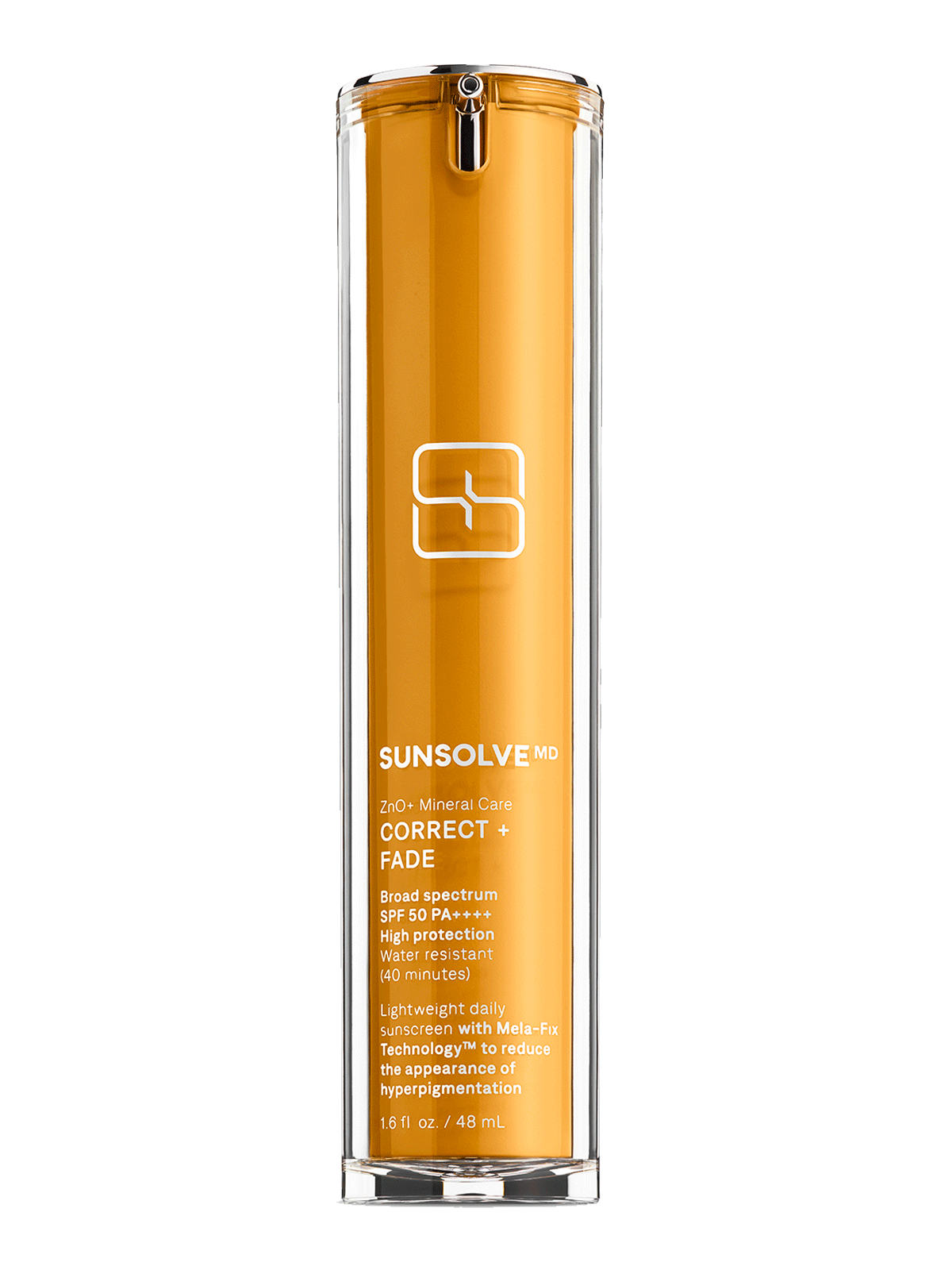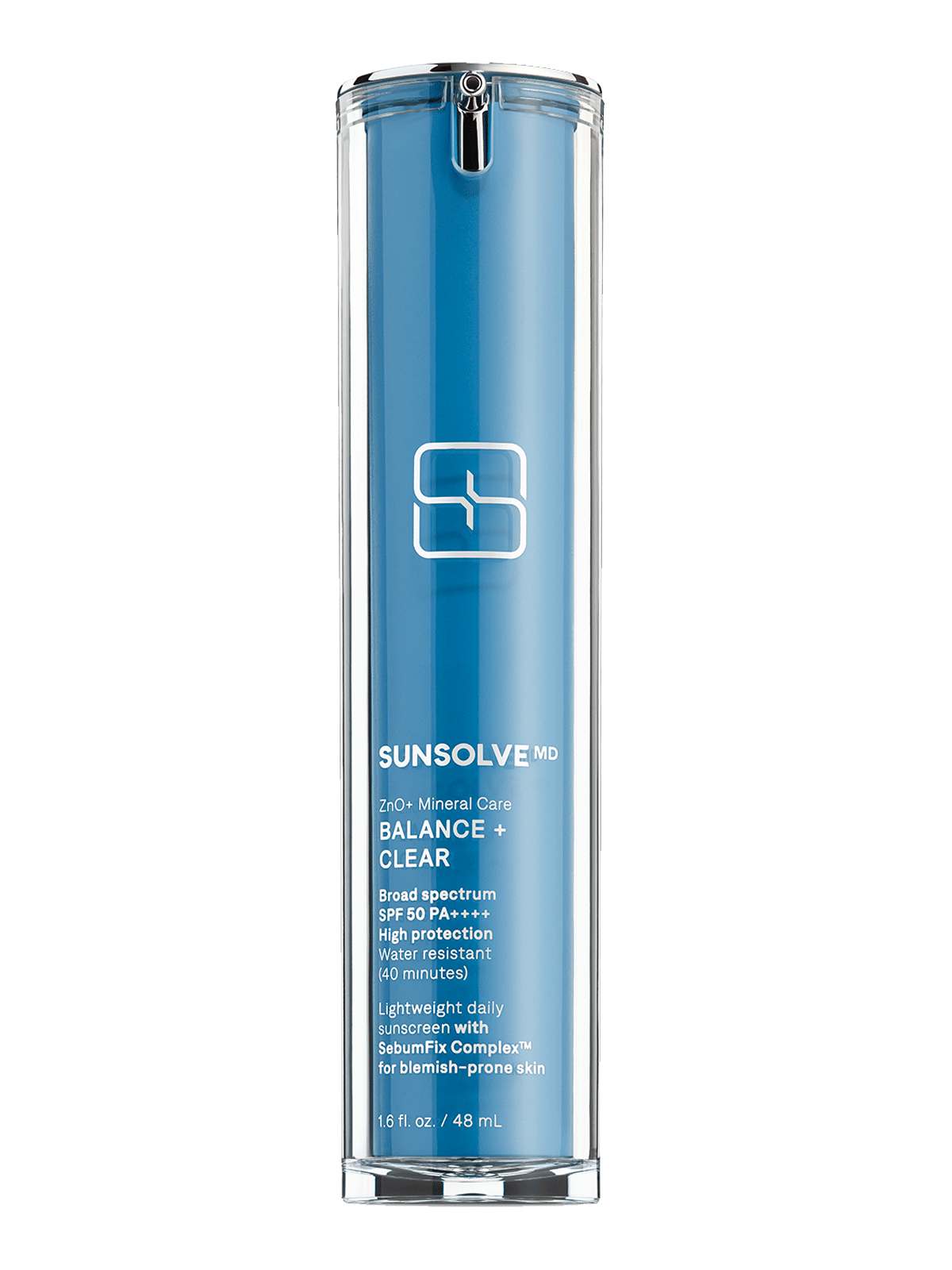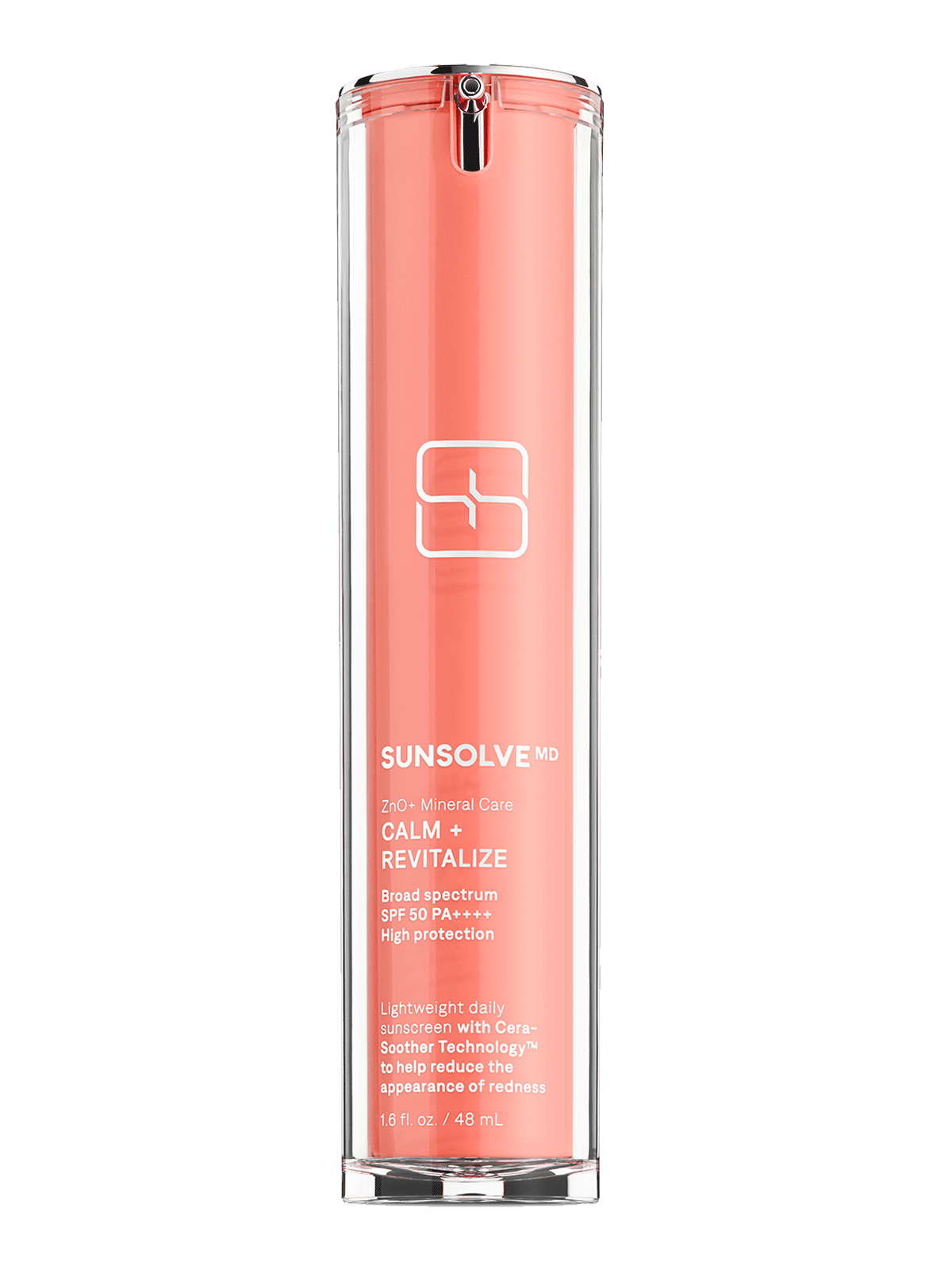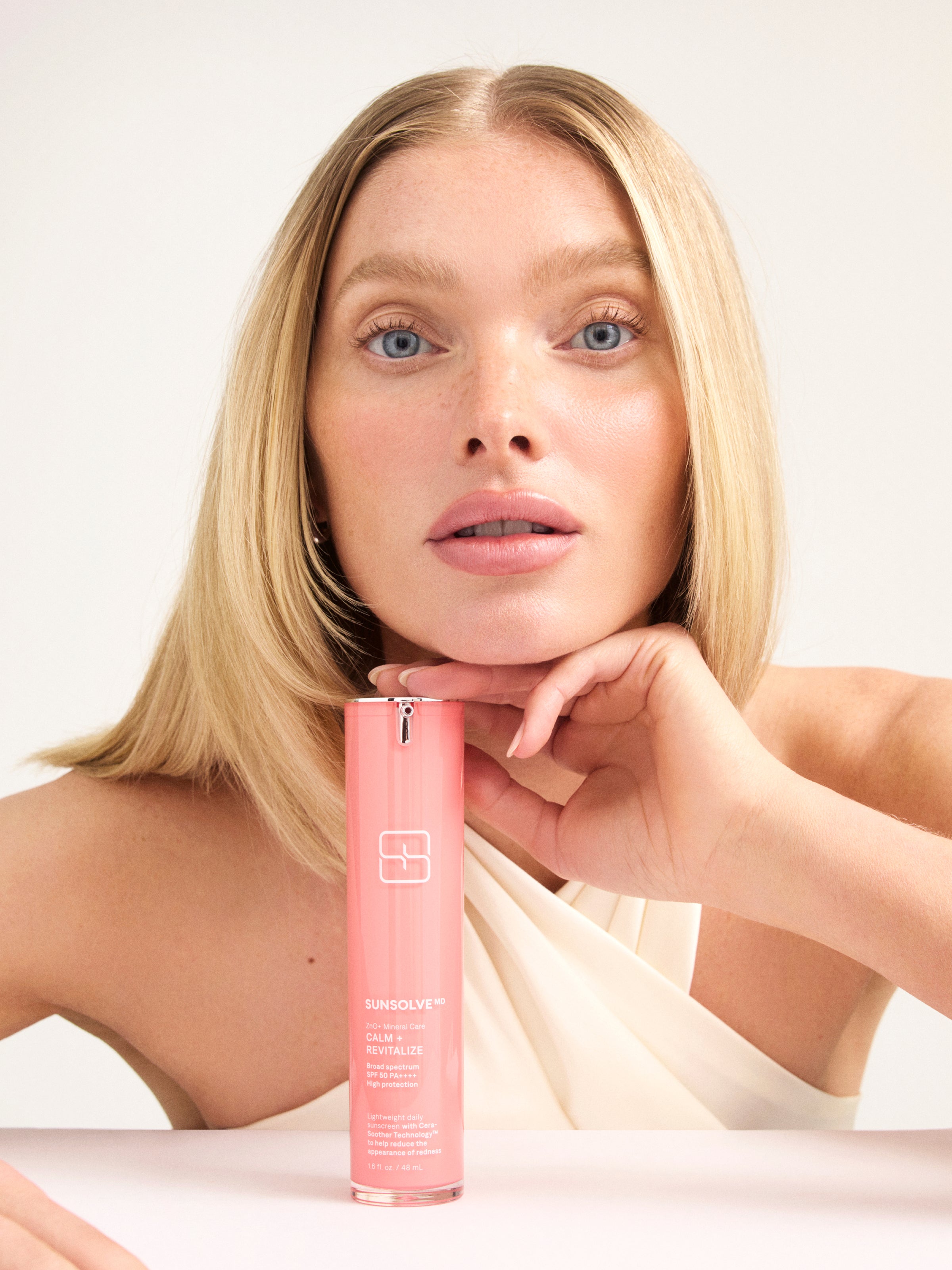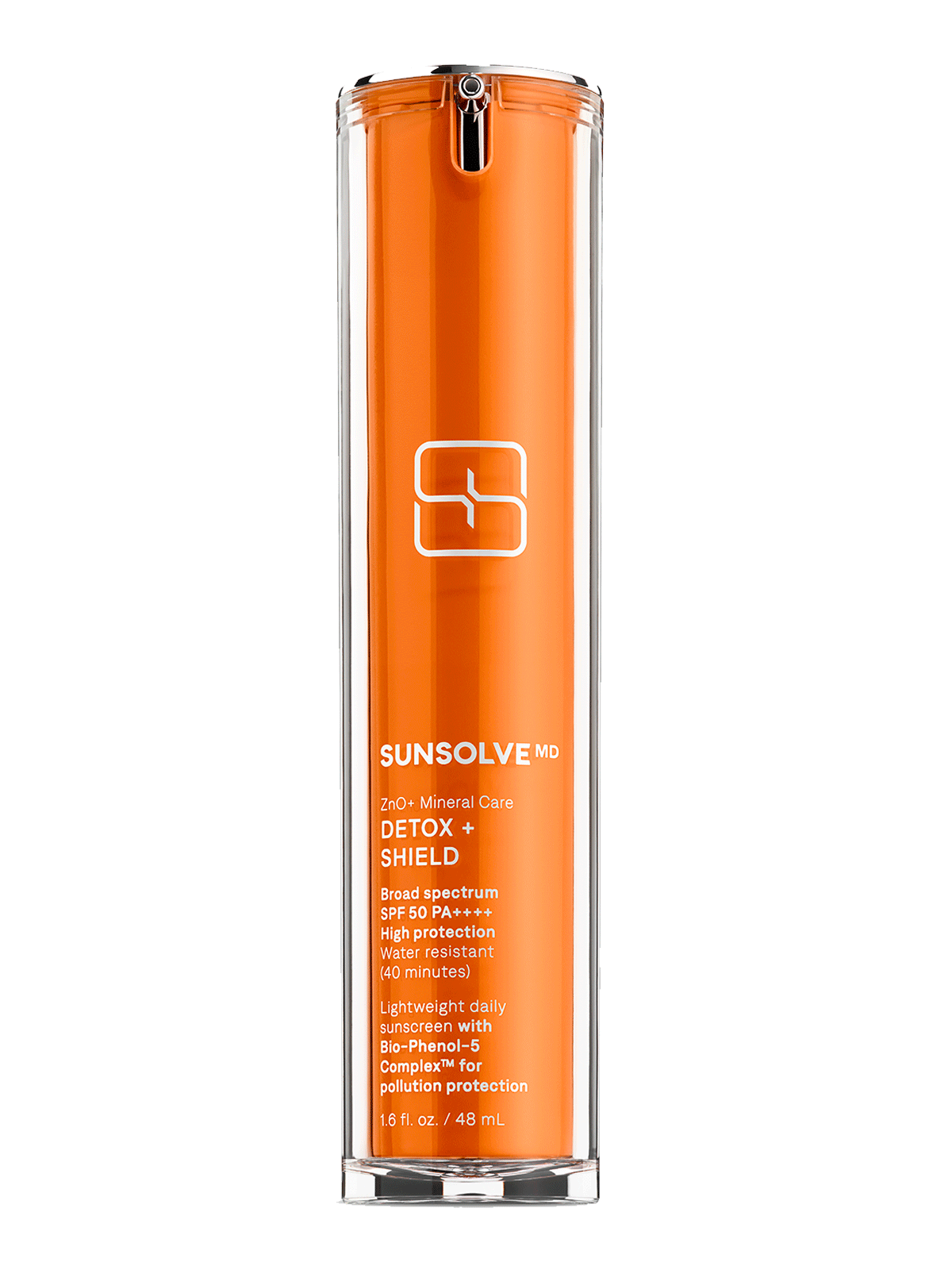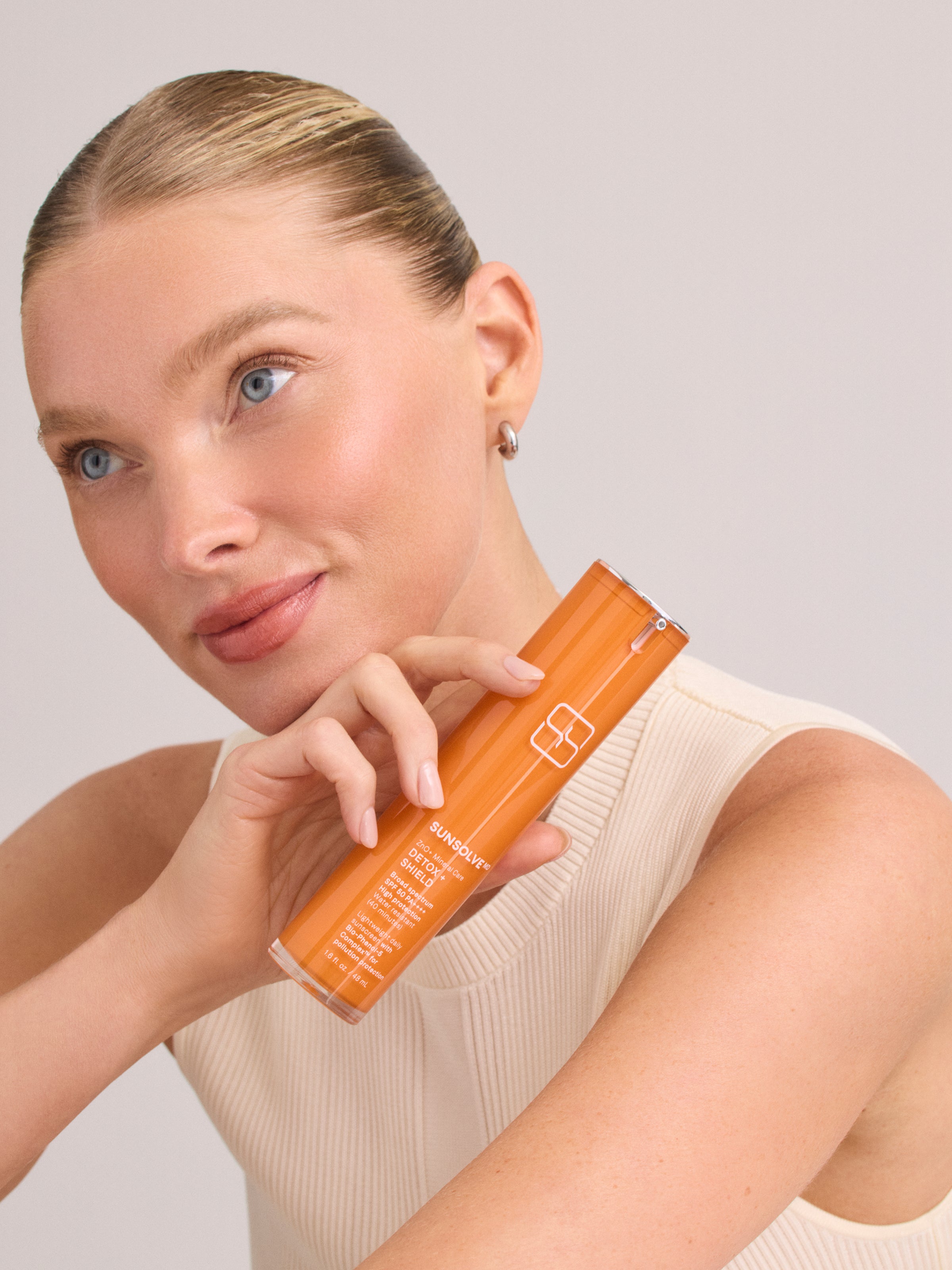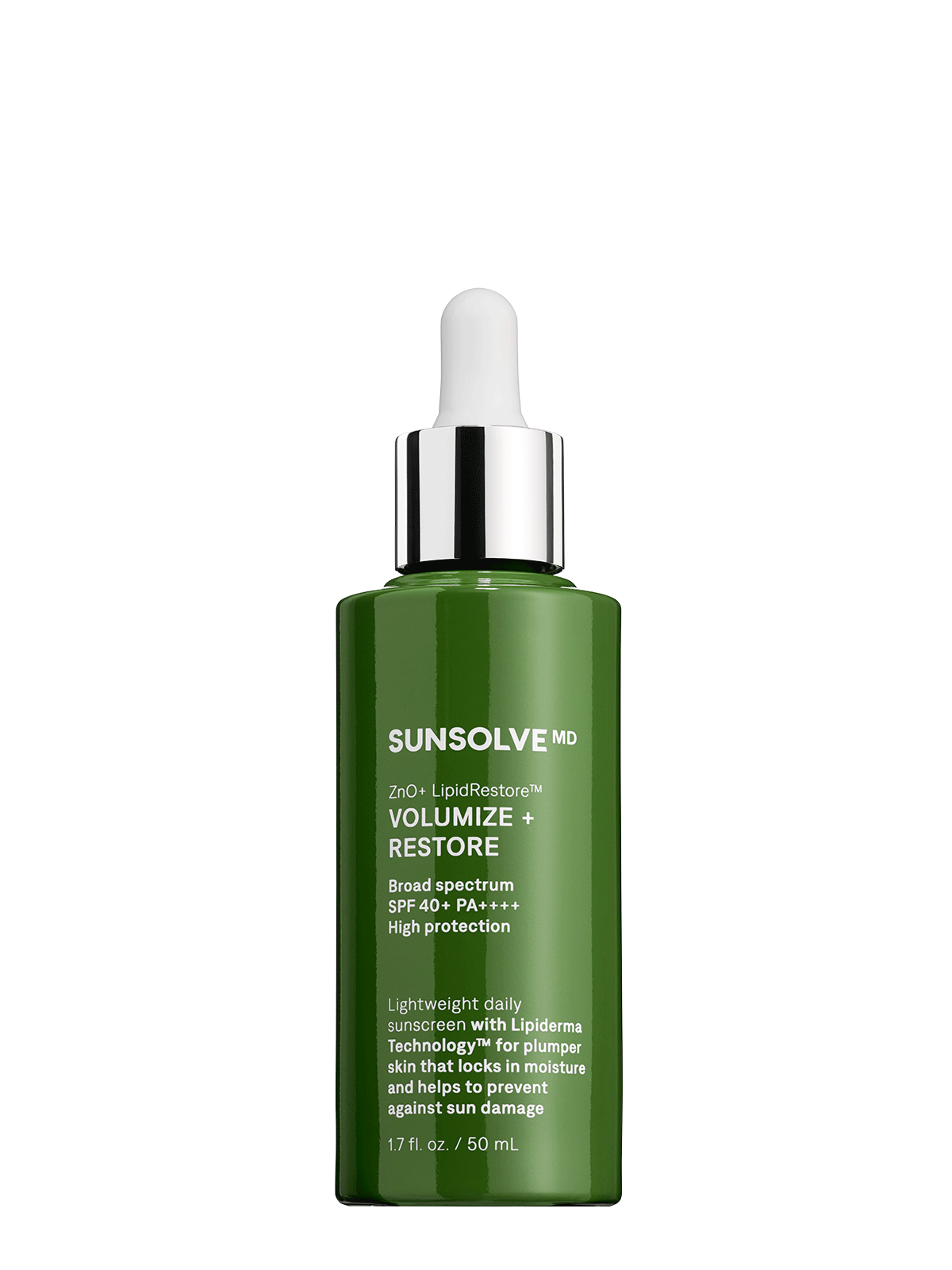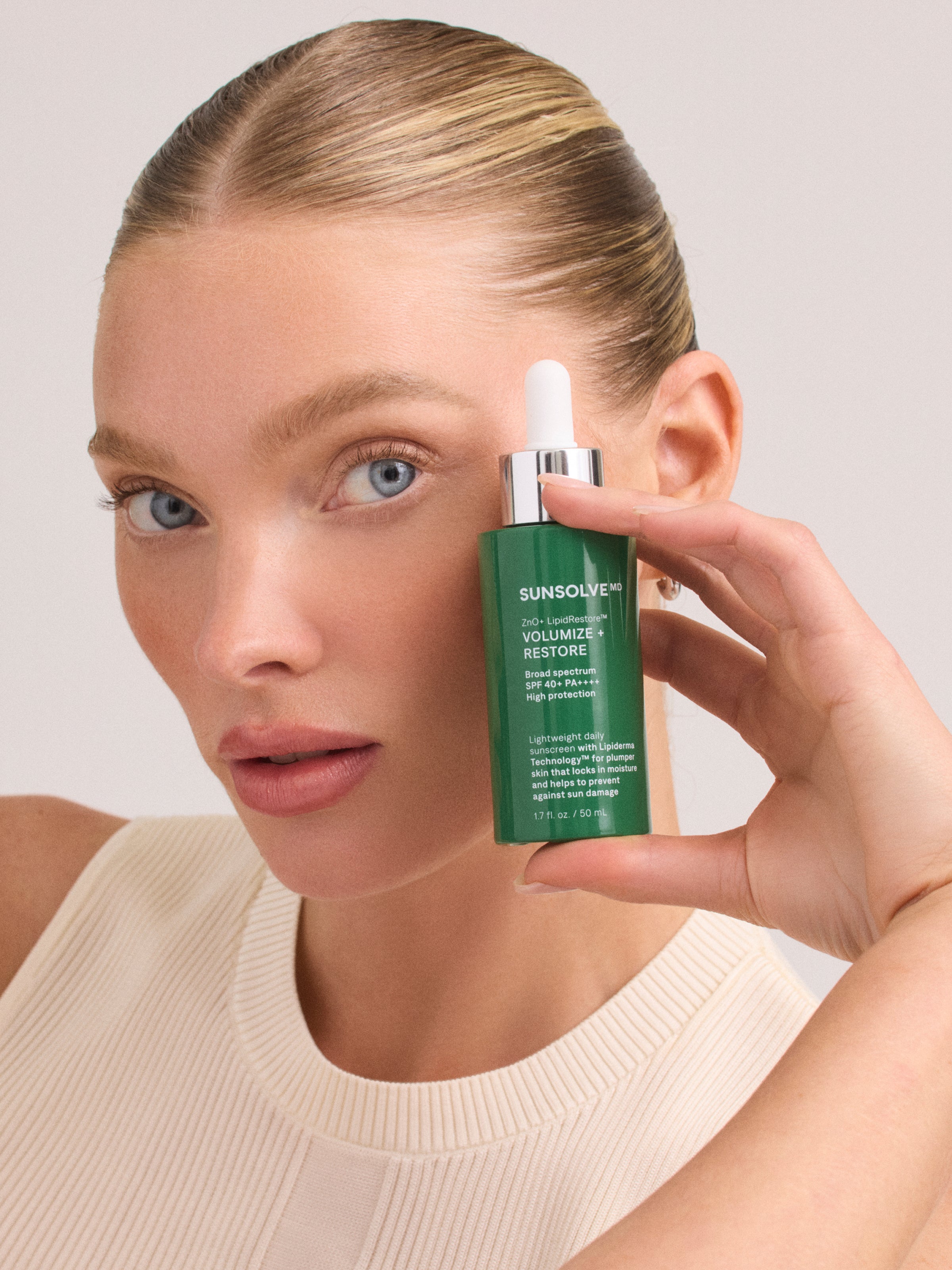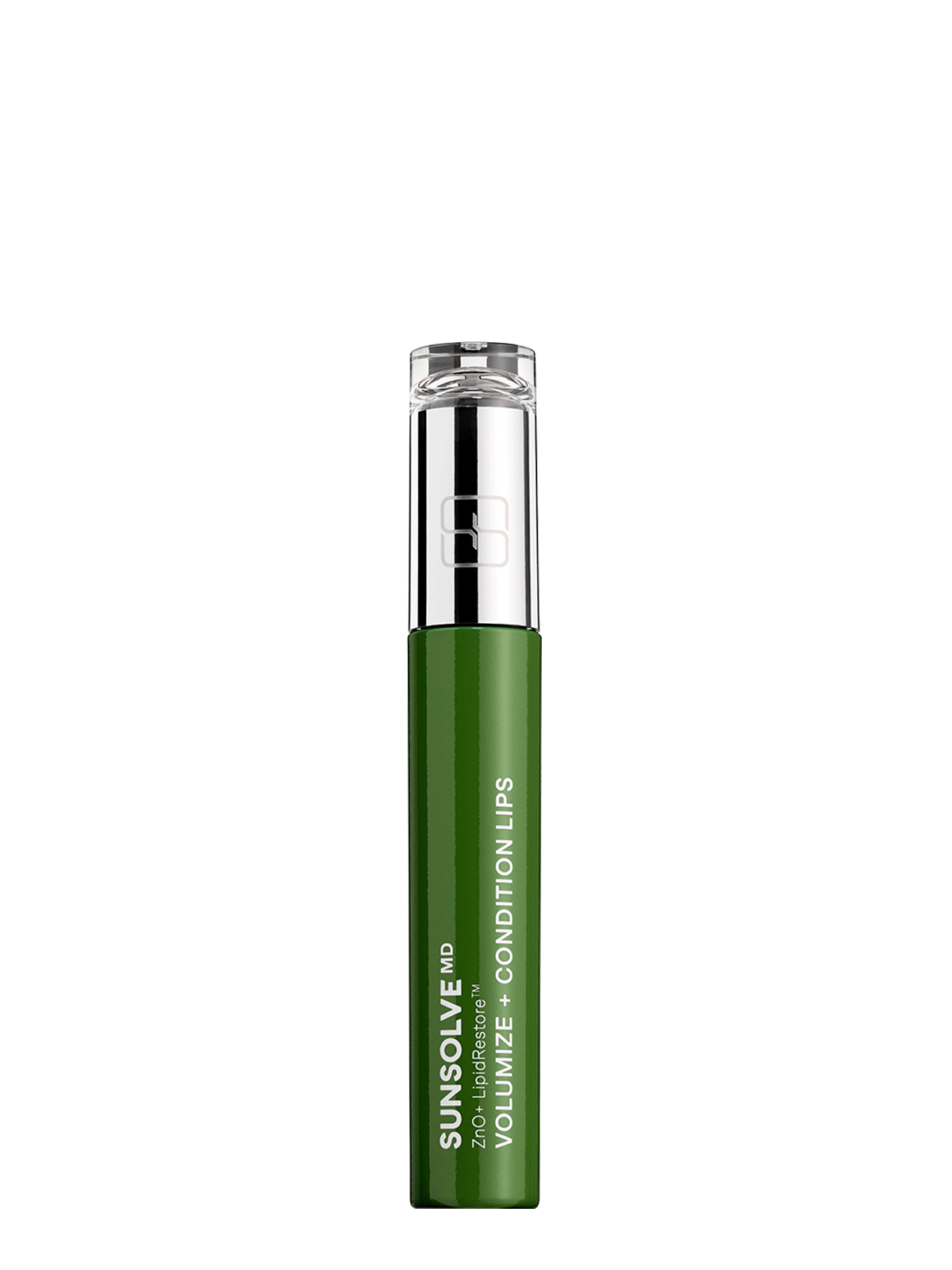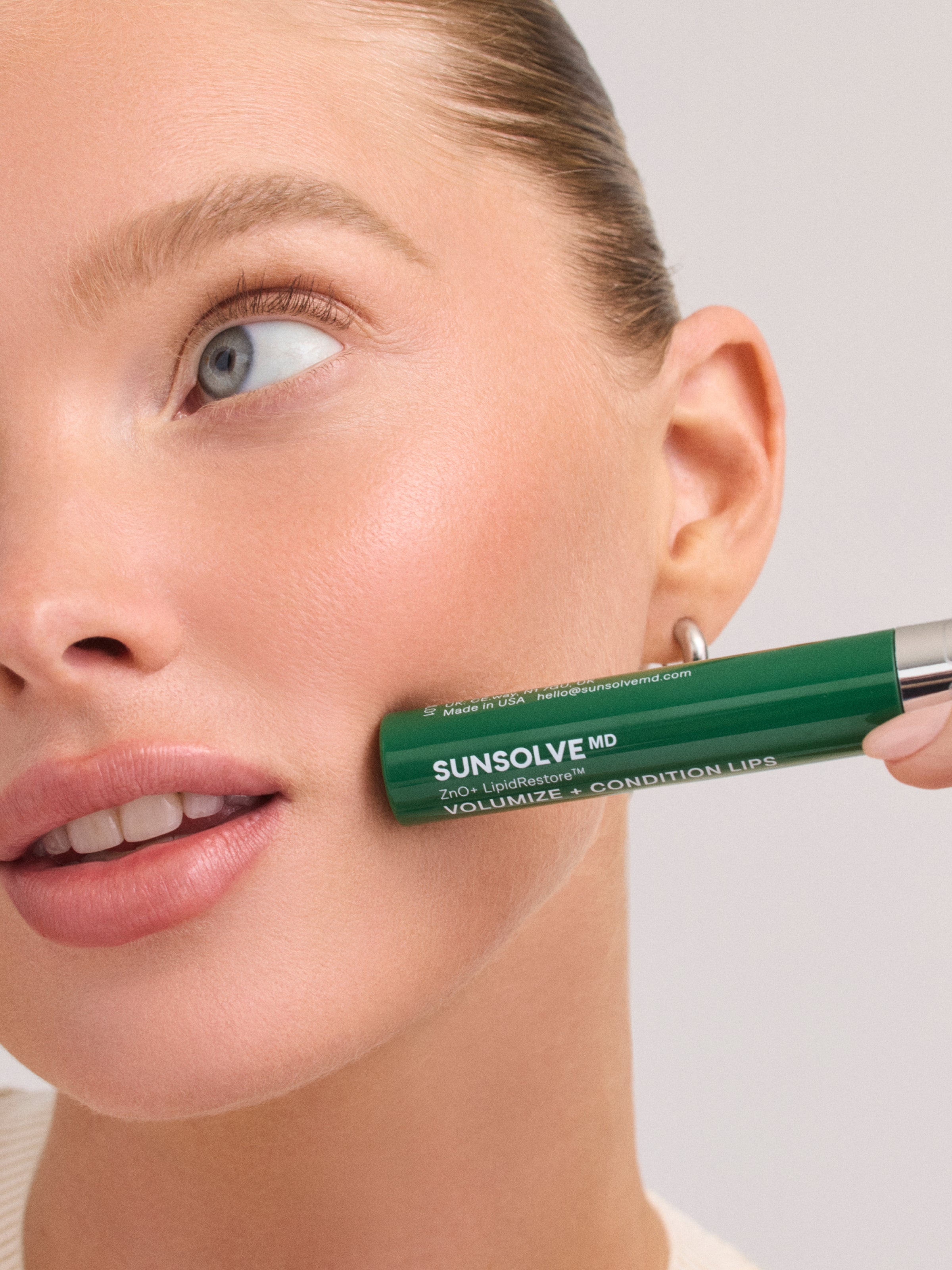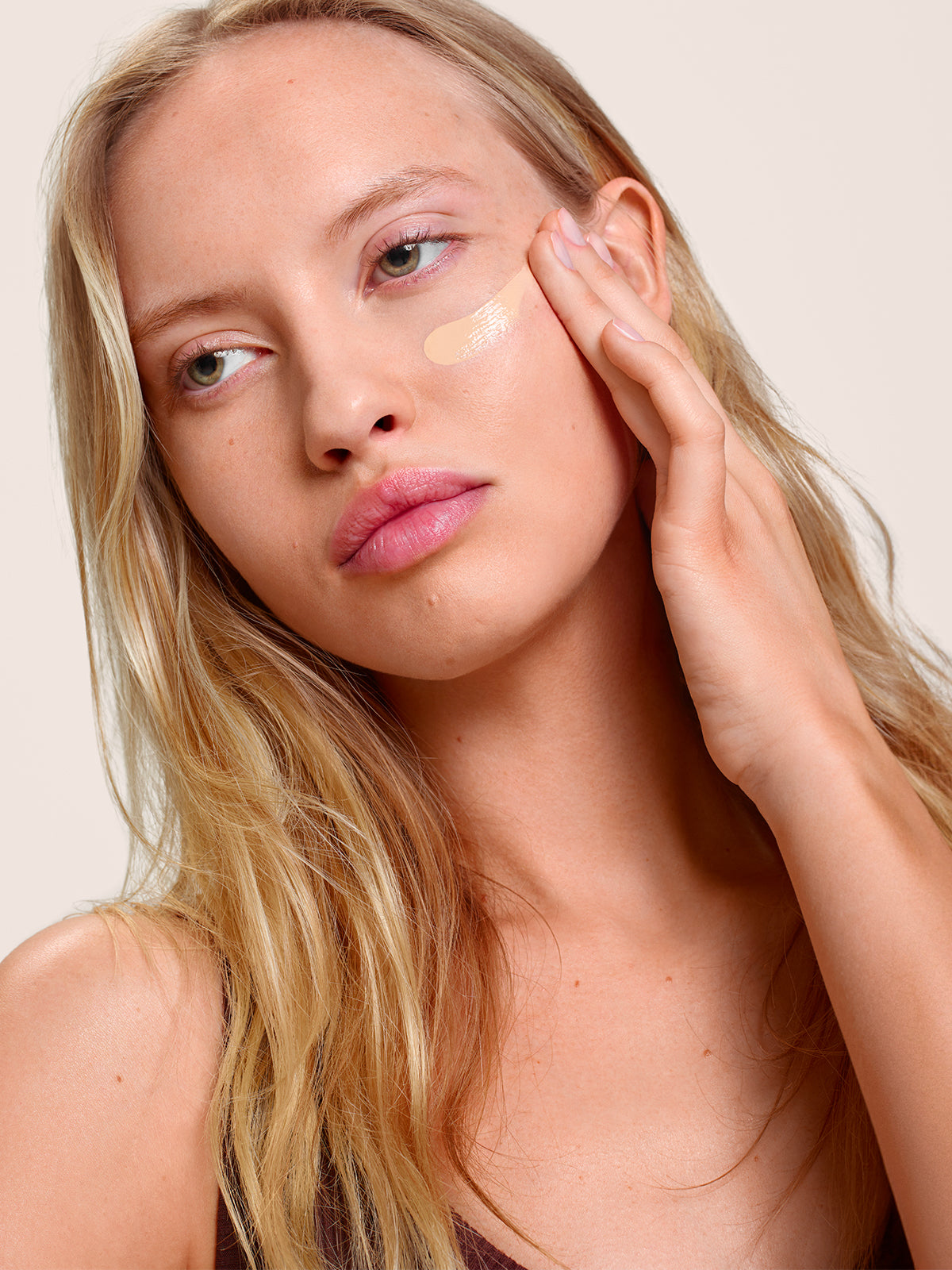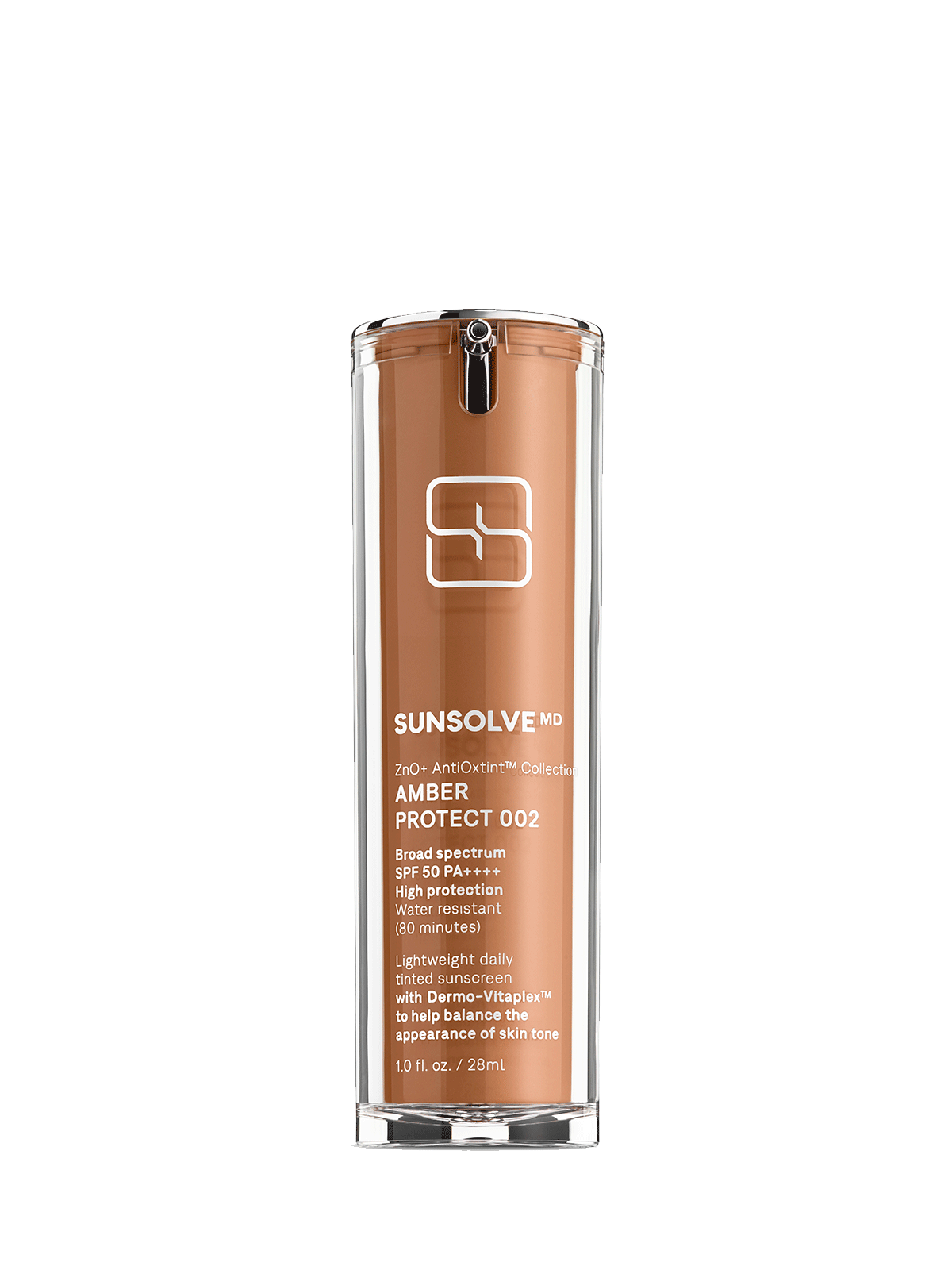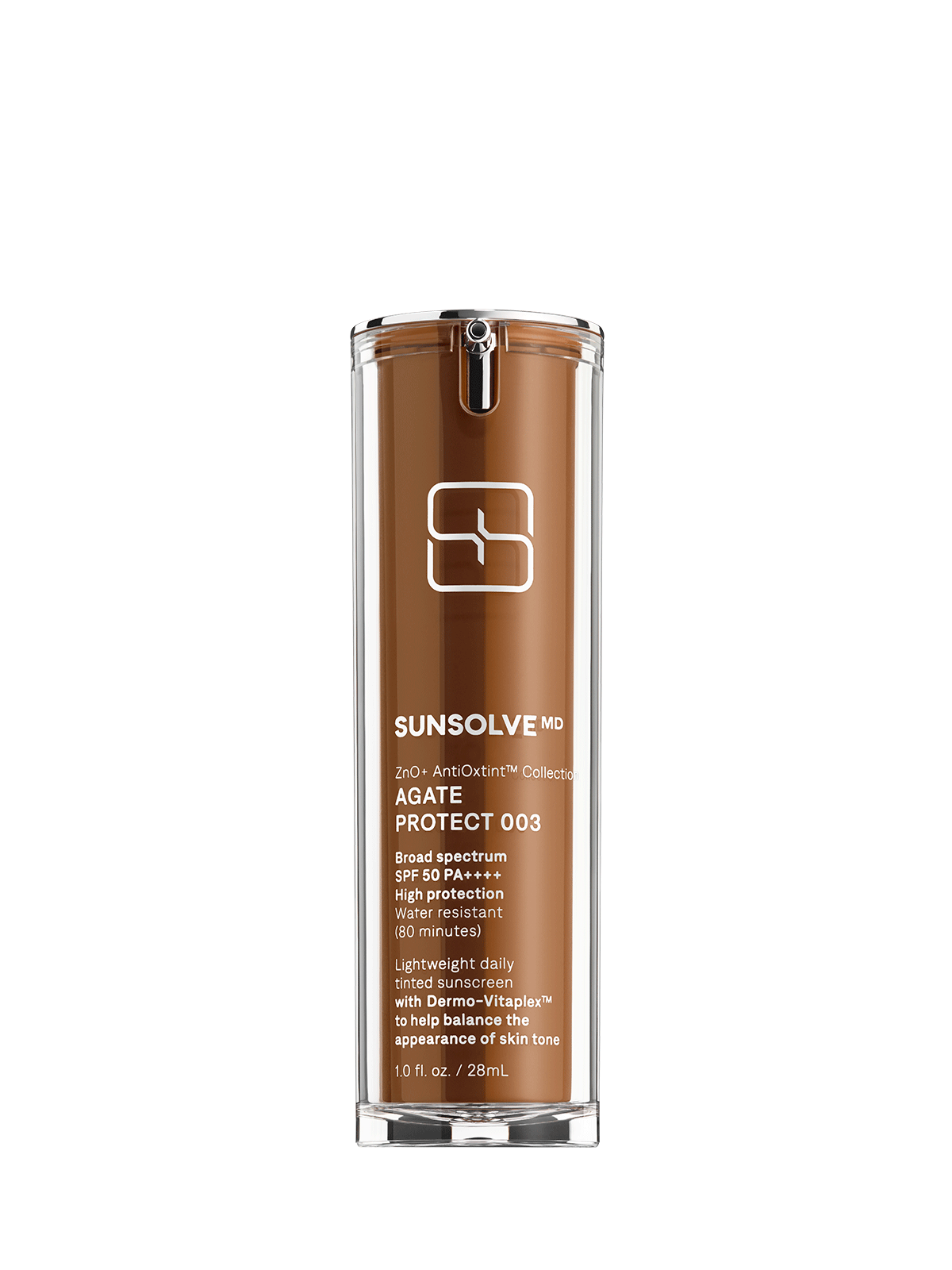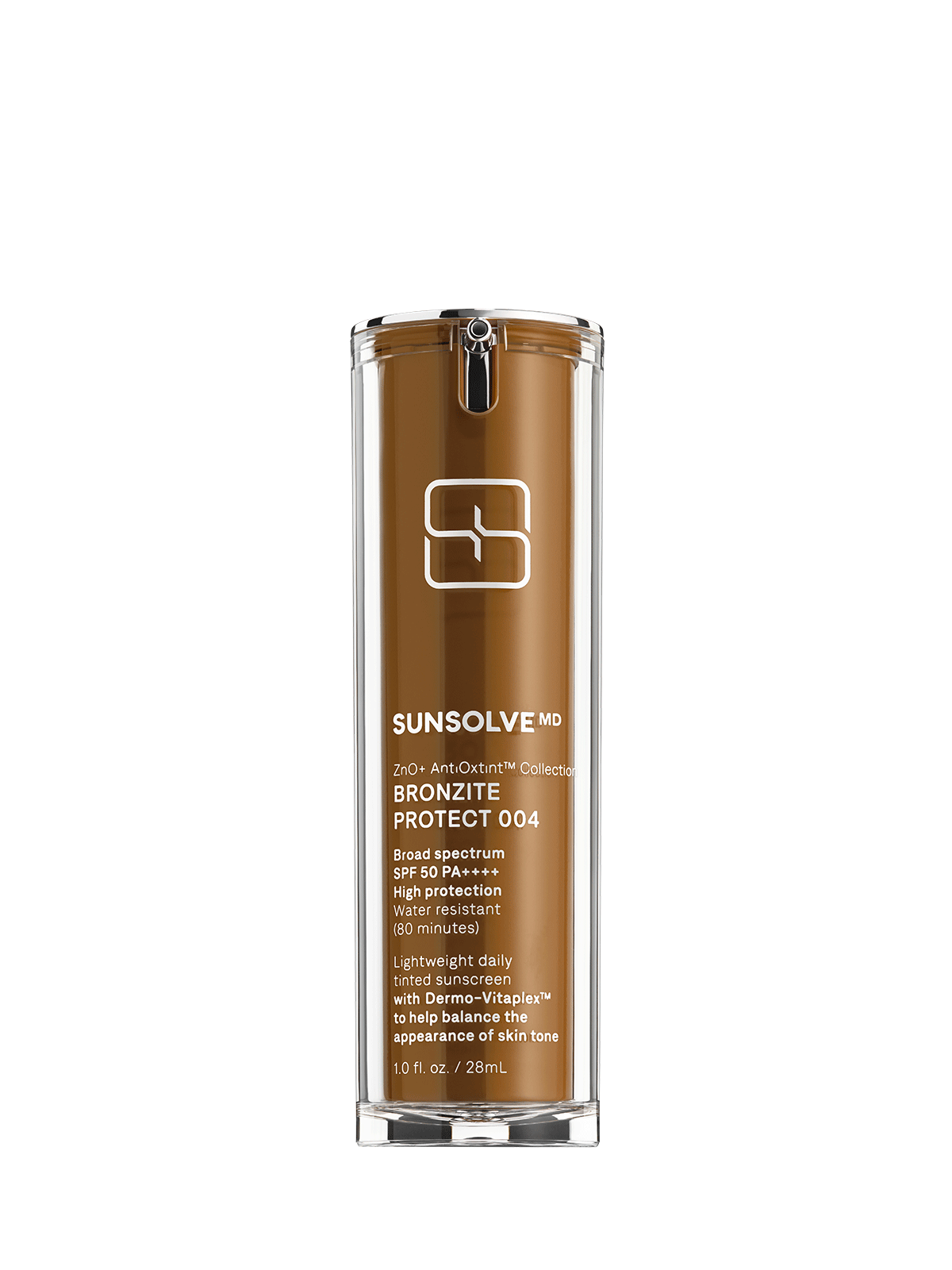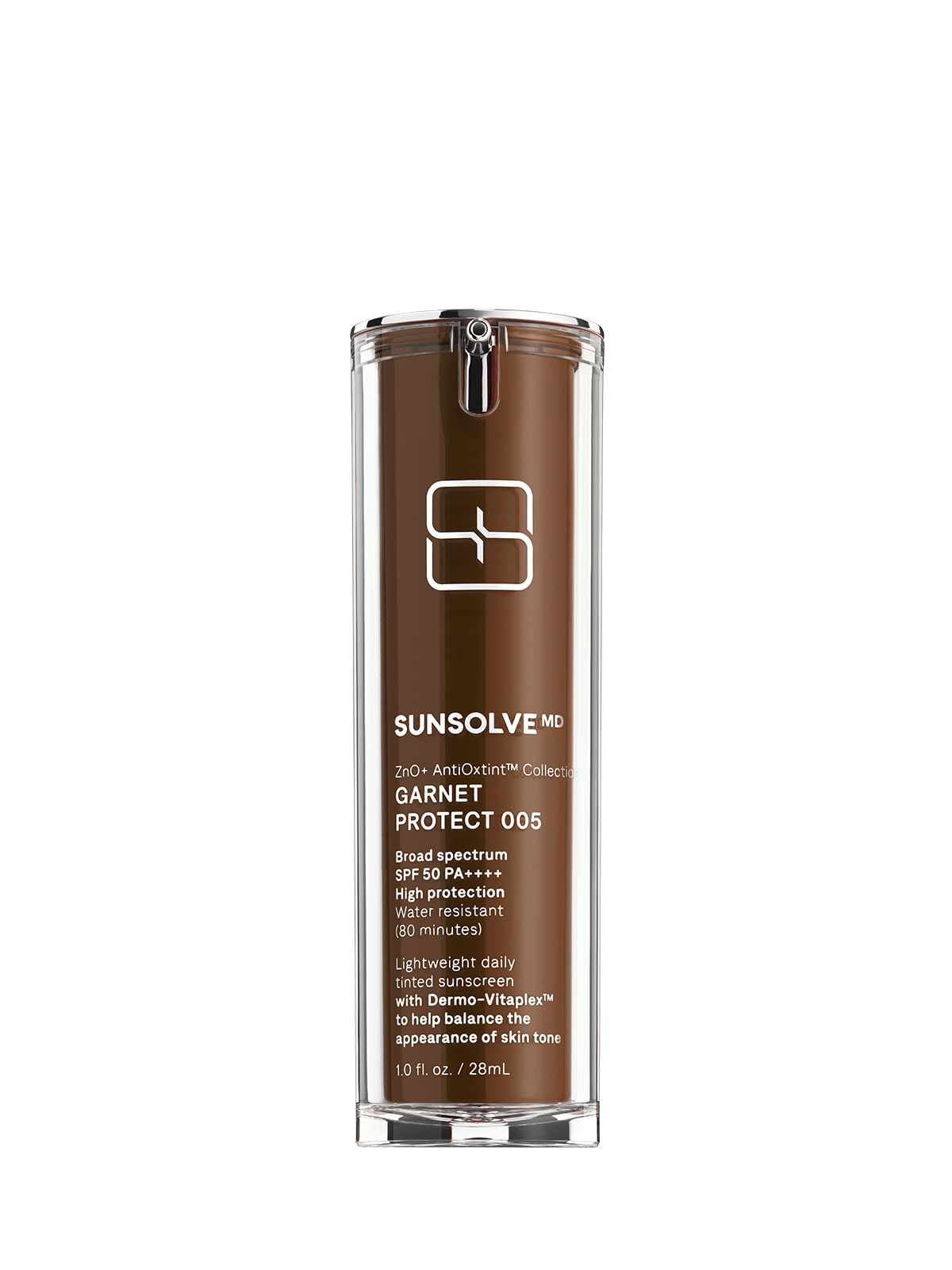
Acne Awareness Month - The Essential Role of SPF in Preventing Breakouts and Scars
The importance of sunscreen is often underestimated by those with acne-prone skin, who may focus more on managing breakouts than preventing future concerns, such as premature aging.
Yet, the truth is that daily SPF application is not only safe for acne-prone skin, but it's also essential for preventing new breakouts, minimizing the risk of scarring, and maintaining a clear, healthy complexion.
However, with comedogenic formulas that only seem to fuel acne, it's understandable why many people going through various stages of this persistent inflammatory condition are hesitant to incorporate sunscreen into their daily routine.
But, the good news is that by choosing the right formula, you can protect your skin from harmful UV rays without worrying about new breakouts.
Therefore, as June marks Acne Awareness Month, this feels like the perfect opportunity to spotlight the real science and solutions for one of the world's most common skin concerns, which is all too familiar to people of all skin types, tones, and ages.
Below, we will explain how unprotected sun exposure can actually worsen breakouts and scars, debunk common myths about sunscreen and acne, and share practical tips for choosing and using the right SPF for your unique concern so that you never have to choose between protection and clear skin again.
How Sun Exposure Worsens Breakouts
Many people associate sunshine with vacations, relaxation, and clear skin. And you'd be right to think that a little bit of sun may temporarily dry out your pimples.
When the skin is exposed to the sun, the UV rays dry out the surface, thus temporarily dissolving the layer of natural oil that lubricates the skin.
As a result, some bacteria that feed on our natural oil and use the food supply to grow and multiply, causing acne in the process, will be destroyed. This causes existing pimples to appear less inflamed and the skin to be temporarily clearer.
However, UV exposure can actually make your breakouts and their aftermath worse in the long run, and it does so in several possible ways:
Thickening of the Skin
Prolonged sun exposure causes the skin to thicken and harden, a process known as hyperkeratinisation.
This is considered one of our skin's defense mechanisms because, as the oil dries up under the sun, the skin responds by producing more keratin (the hard, durable protein our skin cells are made of) and building up the outer layer as a form of a shield to protect itself from external damage.
This makes it harder for dead skin cells to shed naturally, causing blockages inside pores and leading to the formation of blackheads, microcysts, and delayed breakouts that will make their way to the skin's surface much later.
Increased Sebum Production
Similarly to how the skin increases the production of keratinocytes (the keratinized cells), it can also react by producing more oil in response to dryness, attempting to protect itself against external aggressors.
This excess oil can then mix with the accumulated dead skin cells, forming plugs inside the pores, which causes them to become clogged and trigger new breakouts.
Long-Term Aggravation
Once sun exposure stops, acne often flares up in what is known as the “rebound effect.” This leads to more frequent and severe breakouts, as well as an increased risk of scarring and hyperpigmentation.
The Science Behind Post-Inflammatory Hyperpigmentation (PIH) & Its Connection to Acne
Post-inflammatory hyperpigmentation, or PIH for short, is a common aftermath of acne.
This type of scarring occurs as a result of excessive production of melanin, which helps prevent further damage in several ways.
Melanin acts as an antioxidant that neutralizes free radicals generated during inflammation, while also calming the skin's immune response and thereby preventing excessive tissue damage.
However, during this process, the melanin distributed throughout the skin layers isn't equal, meaning that some areas will receive clumps of it, which will appear as dark spots on the skin's surface.
This makes spots prone to tanning, or becoming darker than the surrounding skin, which is how UV rays can exacerbate PIH, as unprotected sun exposure can turn a faint acne mark into a pronounced, long-lasting spot.
Therefore, to prevent these dark spots from becoming darker and lingering on the skin for longer than the original pimple, wearing sunscreen as a shield against UV rays is essential.
Who’s most at risk?
While everyone can develop post-inflammatory hyperpigmentation, this type of scarring is especially common and often more severe in those with medium to deep and dark skin tones, due to the natural ability to produce more melanin easily.
This highlights the critical importance of sun protection for all skin types, but particularly those who are more likely to experience persistent hyperpigmentation after inflammation or other forms of skin injury.
Despite a common misconception that darker skin is naturally protected due to the abundance of melanin, studies show that PIH is one of the most frequent reasons people with skin of color seek dermatologic care, raising the need for greater awareness and consistent sunscreen use across all complexions.
Choosing the Right SPF for Acne-Prone Skin
The fear that sunscreen will clog pores or cause new breakouts is understandable, but also a little outdated.
Modern sunscreens, especially those carefully formulated for acne-prone skin, are not only lightweight and non-comedogenic but also often include soothing, skin-friendly ingredients that can help heal inflammation and soothe active pimples.
But what exactly should you look for?
Mineral-based formulas: Ingredients like zinc oxide, the main component in mineral sunscreens, provide broad-spectrum protection by physically blocking UV rays from penetrating the skin, while its anti-inflammatory properties can help calm redness and reduce the severity of pimples.
Sunsolve MD’s ZnO+ Mineral Care BALANCE + CLEAR is specifically designed for blemish-prone skin, featuring our patented blend of ultra-thin, micronized zinc oxide, phytoplankton extract, and skin-soothing allantoin and bisabolol. This advanced formula not only shields your skin from harmful UV rays but also actively repairs UV-induced damage, while supporting a balanced, healthy, and clear complexion.
Oil-free and non-comedogenic: Always check the label to ensure the product doesn't contain excessive amounts of oils or pore-clogging ingredients that can accumulate inside the pores and cause a new onset of outbreaks.
Pore-reducing finish: Opt for sunscreens that leave a velvety-soft finish that minimizes the appearance of enlarged pores while balancing excess oil production and helping to prevent future breakouts.
Fragrance-free: Fragrance is often recognized as a component that can exacerbate redness and inflammation, and even trigger allergic reactions, so opting for a non-scented product is less likely to cause irritation or adverse reactions.
The Bottom Line
Sunscreen is a non-negotiable step for anyone with acne-prone skin.
It lowers UV-induced inflammation and the risk of future outbreaks, helps prevent dark spots from worsening, and protects against premature aging.
Therefore, dare to break the cycle of avoiding sunscreen out of fear and choose a skin-supporting formula that's carefully designed to cater to your unique concerns.
Then watch how SPF transforms your skin into a clearer, healthier, and more radiant canvas every month of the year.

